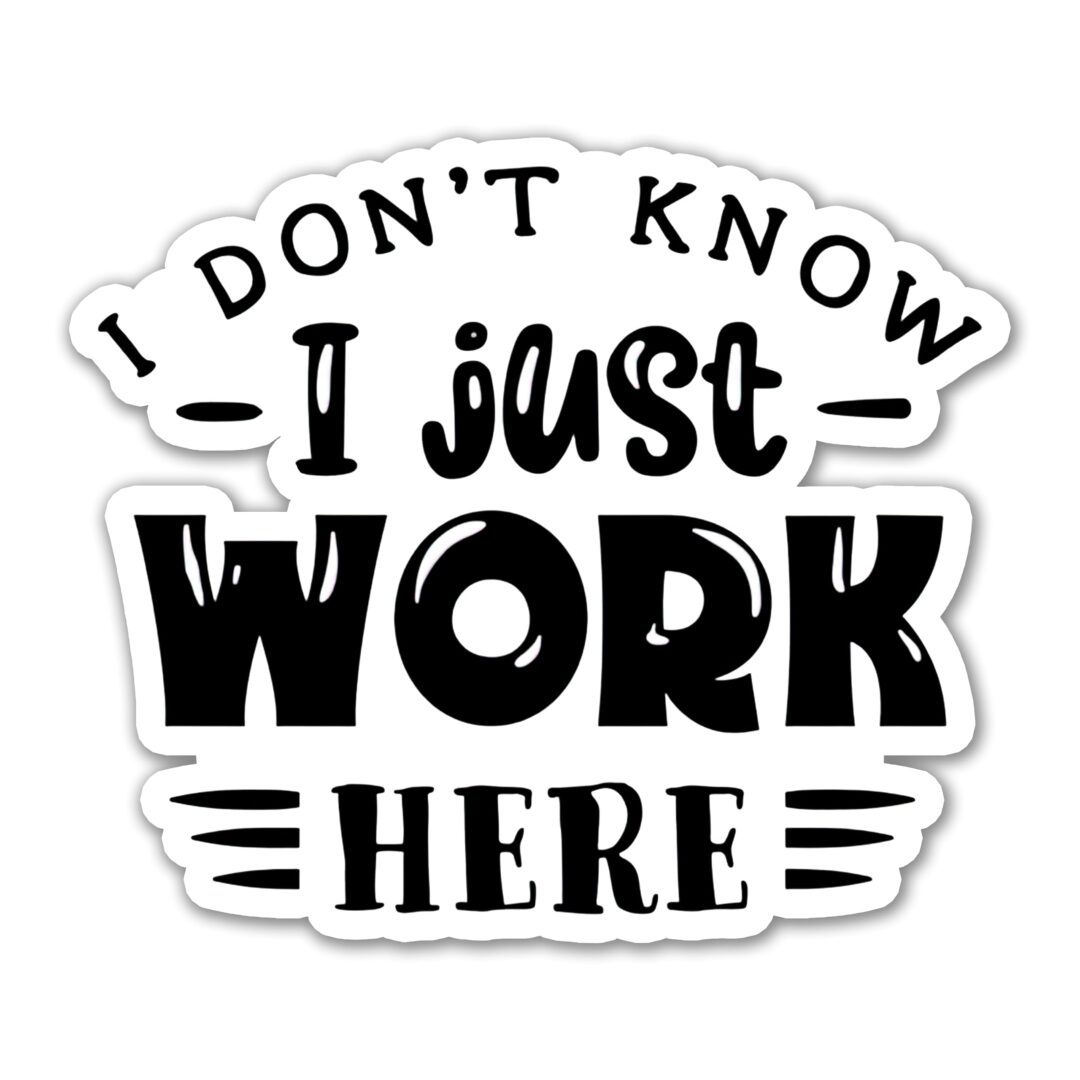Sales execs can screw up so many things and still close a lot if they just get 1 thing right
If they just are a true subject matter expert in the product they sell
Yet so many aren't
— Jason ✨Be Kind✨ Lemkin 🇮🇱 (@jasonlk) January 26, 2024
I remember my first embarrassing sales meeting.
I knew an SVP at a Top 20 Tech Company, and really as a favor, he told me he’d do a $25k+ deal with Adobe Sign / EchoSign in the early days. I just needed to pitch his entire team.
My co-founder who was our product guru was supposed to join me. But he simply ghosted the meeting, and I was alone in a parking lot in San Jose, waiting for my product wingman to show.
I walked in alone.
I first did my standard demo of our web product, and I was good at it. But then — they asked me to demo two more things. First, our new Salesforce integration. And second, our LDAP integration.
I tried to do the Salesforce demo, but I actually had never really used Salesforce before. We had 1 sales rep, so I didn’t see the point of learning it. So — I failed the demo. It didn’t work.
And then they asked for “the LDAP Demo”. Well, I had to admit I had no idea what LDAP was.
And that $100k deal, that great logo we really could used in Year 1 … was lost. Poof. Gone.
I made many mistakes that day, but one was using my co-founder essentially as a Sales Engineer for our bigger deals. He was the product guy, after all.
It was a tough lesson, and I didn’t even fully go deep enough on the enterprise side of things until he left the company. Then I just had to. A few weeks after, a Global 50 leader invited us in. And this time, I knew the Salesforce integration, and our approach to tons of enterprise issues like LDAP — cold. I knew it cold myself. Period.
And we closed that deal, at first for $60k, and then $300k, and later $500k+.
My lesson learned: everyone has to know the product cold in a startup. And especially, everyone that interfaces with customers and prospects. Period. Cold.
Folks from bigger companies will challenge this, especially in sales. They’ll say it’s OK to not really know the product as long as you know the problem. Well, then how do you solve the problem for a customer? And bigger company folks often will be armed with sales engineers and solution architects in sales … that actually know the product.
If your product is complicated, you should hire a sales engineer / solution architect pretty early to support sales. But not to do all the work for sales.
When you have the leading brand in the space, you can get away with a lot in sales and marketing. The goal there is just to move the deal down the funnel. Not to be considered in the first place.

But why would a prospect take a risk on a brand new vendor … when their point of contact isn’t a subject matter and product expert?
They wouldn’t. They’d push on and just buy the market leader.
And a few related learnings:
- Be wary of hiring sales execs who have only worked at a company with simpler products. I find most “b2B” sales reps are unable to sell technical products. And most B2B sales reps that have sold “core” products like Gong, Outreach, Salesloft, etc. that they themselves use … struggle to sell complicated enterprise products that solve problems they aren’t personally familiar with.
- Training is critical but it’s not enough. Your early folks just have to curious learners. Period. A few days of training to start is great but doesn’t not instantly turn you into a subject matter expert.
- You gotta talk about your losses — every week. Way too many sales teams only talk about their wins. That’s great, but the reality is you learn even more from the losses. Or at least, just as much. Spend 50% of your time honestly talking about the deals you lost that week.
- Circulate the calls from your top reps to everyone. At least monthly. This always helps.
- Make sure any sales execs you hire … can sell you your pen. You can’t skip this step. Too many do these days. Force them to a demo before they start. For their sake as well as yours.
There are too many vendors today. No one is going to buy from someone that isn’t an expert. They just aren’t.

